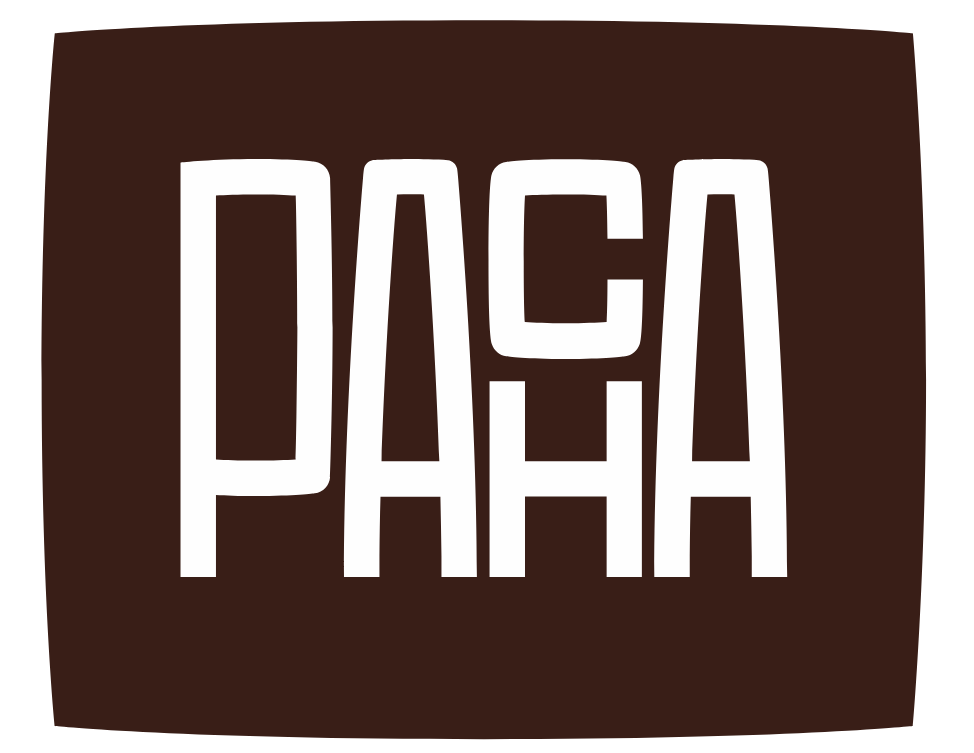Sprouted bread is one of the biggest buzzwords in the bread market right now, but what does it actually mean? Whether you are looking to try a new type of bread, want to be more health-conscious, or anything in between— we’re here to answer all of your questions, and go over all the glorious health benefits and facts you should know about sprouted bread!

What Is Sprouted Bread?
Sprouted Bread is crafted with whole grains or seeds that have been soaked and sprouted— opposed to being ground into a flour, which is typically how bread is made. As a result of this sprouting process, sprouted bread is more nutritious and easily digestible overall. Now, let’s get into the nitty gritty details of how sprouted bread is made!
To make sprouted bread, grains or seeds otherwise known as groats, are submerged in water for 12 to 38 hours and kept slightly warm (between 59 and 89 F°). In turn, this allows germination to begin, and the plants are rinsed with clean water daily as they sprout. Once the groats have sprouted little root tails almost the same length as they are (pictured below), they are ready to be blended into a paste that works as the base for sprouted bread.

Overall, the process of sprouting seeds or grains creates a “living dough” that is much healthier than bread made from inert wheat berries. This is because when groats sprout, lectins, proteins, and carbohydrates are broken down while vitamins and minerals become more bioavailable. In turn, this makes sprouted bread much more nutrient-dense and easier to digest compared to traditional, non-sprouted bread.
At PACHA, we soak our buckwheat groats for over 24 hours in reverse osmosis water to craft our sprouted bread. Once they have grown root tails, we blend our buckwheat with organic herbs and spices to create the base of our bread. Then, we ferment our living dough for another 18 hours, giving our bread a mild and scrumptious sourdough taste.
Because we sprout our buckwheat, PACHA bread has an abundance of fiber, vitamins, and minerals like folate and beta carotene, supporting cellular function and immune health. On top of this, sprouted buckwheat is ideal for stabilizing blood sugar, and keeping you full for longer because of the fiber content! As you can see, PACHA sprouted buckwheat bread has countless health benefits, making it a great option for anyone looking to nourish their bodies by simply enjoying bread. It doesn’t get better than that, right? You can read more about the advantages of eating sprouted bread here!

Is Sprouted Bread Gluten-Free?
Great question! It depends on the type of groats that are being sprouted. In other words, not all sprouted bread is gluten-free, which is very important to note if you have any kind of gluten sensitivity or celiac disease.
Unfortunately, glutinous groats such as barley, wheat, and rye do not magically become gluten-free just once they are sprouted. As we mentioned before, sprouting these grains simply means that their nutritional value is enhanced, and anti-nutrients such as lectins are broken down— making the bread easier on your stomach. While sprouting glutinous ingredients has been shown to minimize overall concentration of gluten, it cannot be entirely removed from sprouted grains.


However, sprouting naturally gluten-free groats— such as oat, buckwheat, amaranth, etc— will result in gluten-free sprouted bread that is perfectly safe to consume if you have celiac or any kind of sensitivity to gluten. For instance, our PACHA loaves and buns are created with sprouted buckwheat which is a gluten-free groat despite its misleading name. In fact, buckwheat is actually recognized as a seed, making it entirely grain-free and gluten-free. You can learn all about our star ingredient, buckwheat, here!

To make sure your sprouted bread is gluten-free, it is also essential to double check that it is manufactured in a certified gluten-free facility. Even if sprouted bread is made from gluten-free groats, it is at-risk of contamination if the facility stores or shares equipment with gluten in any way. We recommend ensuring that your sprouted bread is labeled as “certified gluten-free” with the stamp of approval from an expert organization specializing in this area.
At PACHA, we are certified gluten-free by the GFCO (Gluten-Free Certification Organization), the most widely used gluten-free certification in the world. This standard requires all at-risk ingredients (such as buckwheat) to be tested with results less than 10ppm before they are even sent to us. Since safety is our number one priority, we do not store or share any equipment with gluten, and we test our finished products each week to ensure that there are no traces of gluten at all. Check out our collection of gluten-free and celiac-safe sprouted breads here.

Is Sprouted Bread Paleo?
Again, it depends on the types of groats being sprouted. Since the paleo diet is free from grain, sprouted bread made from grains isn’t exactly paleo-friendly. However, sprouted grain-free alternatives, such as buckwheat, are fair game for paleo dieters!
As we discussed before, buckwheat is a seed and a “pseudo-grain”. When taking this into account, along with the fact that sprouting buckwheat sheds lectins and anti-nutrients, sprouted buckwheat bread is a wonderful example of bread someone should eat if they are looking to eat like our Paleolithic ancestors.
In addition to this, PACHA bread is free from any binders, fillers, or other funky ingredients. Our buckwheat bread is truly made from simple ingredients straight from Earth— check out more about our unique and healthy bread here.

